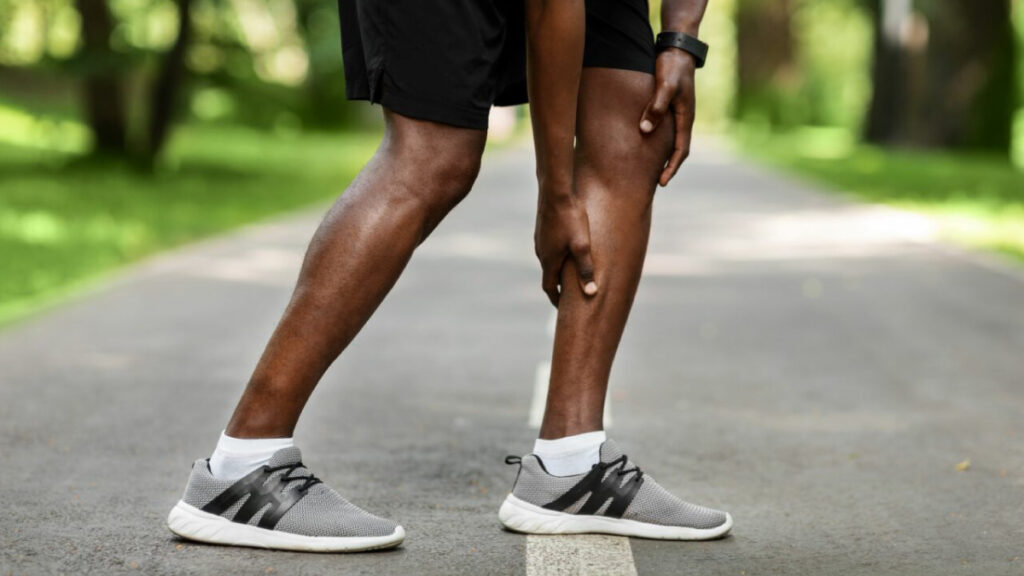Leg cramps, also called Charley horses, are the most common calf muscle problems that affect the calves, thigh muscles, and feet. They involve unexpected, painful, involuntary contractions without an identifiable reason why they happen. Though they are harmless, they can occur anytime, but often occur while a person is asleep or resting.
When leg cramps occur, people are usually unaware of why it’s happening. There is some evidence that underlying conditions, such as peripheral artery disease and diabetes, may impact the condition. Some studies have suggested that nerve dysfunction and muscle fatigue may play a role. Another research has proposed that cramps are more likely to occur when a person stops squatting (a position that stretches the calf muscle).
Furthermore, the cause of this condition might be that the calf muscles are shortened when the foot is stretched out during sleeping. Some experts believe that electrolyte imbalance and dehydration might be the culprit. Leg cramps are sometimes caused by primary conditions relating to metabolism, hormones, the nervous system, or the circulatory system. Some medications and diseases can also increase the risk. A few conditions that may cause it are;
- Muscle fatigue
- Alcohol misuse
- Peripheral artery disease (PAD)
- Motor neurone disease
- Hardening of the arteries
- Parkinson’s disease
- Chronic infections, etc.
Prevention
Typically, leg cramps cannot always be prevented, but there are some things you can do to reduce occurence significantly.
1. Stretching
Stretching can help to relax your muscle fibres. When you work out, an excellent post-workout stretching routine may help prevent these cramps. After every exercise, make sure you cool down. Also, avoid vigorous exercise when you are about to sleep.
2. Stay hydrated
Dehydration exposes you to leg cramps, though the reason is unknown. Drink at least three full glasses of water daily, even before bedtime. Ensure you drink plenty of water before, during, and after exercise.
3. Pick your foods wisely
Eating magnesium- or potassium-rich foods (e.g., sweet potatoes, avocados, bananas, and beans/legumes) and taking electrolyte drinks may help keep your levels steady.
Leg cramps can be very frustrating, especially if they disturb your sleep and occur at night. If you’re having recurrent leg cramps, book an appointment on Doctall website to speak to a doctor.

